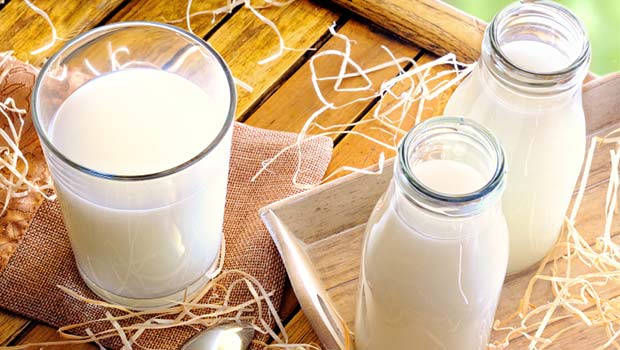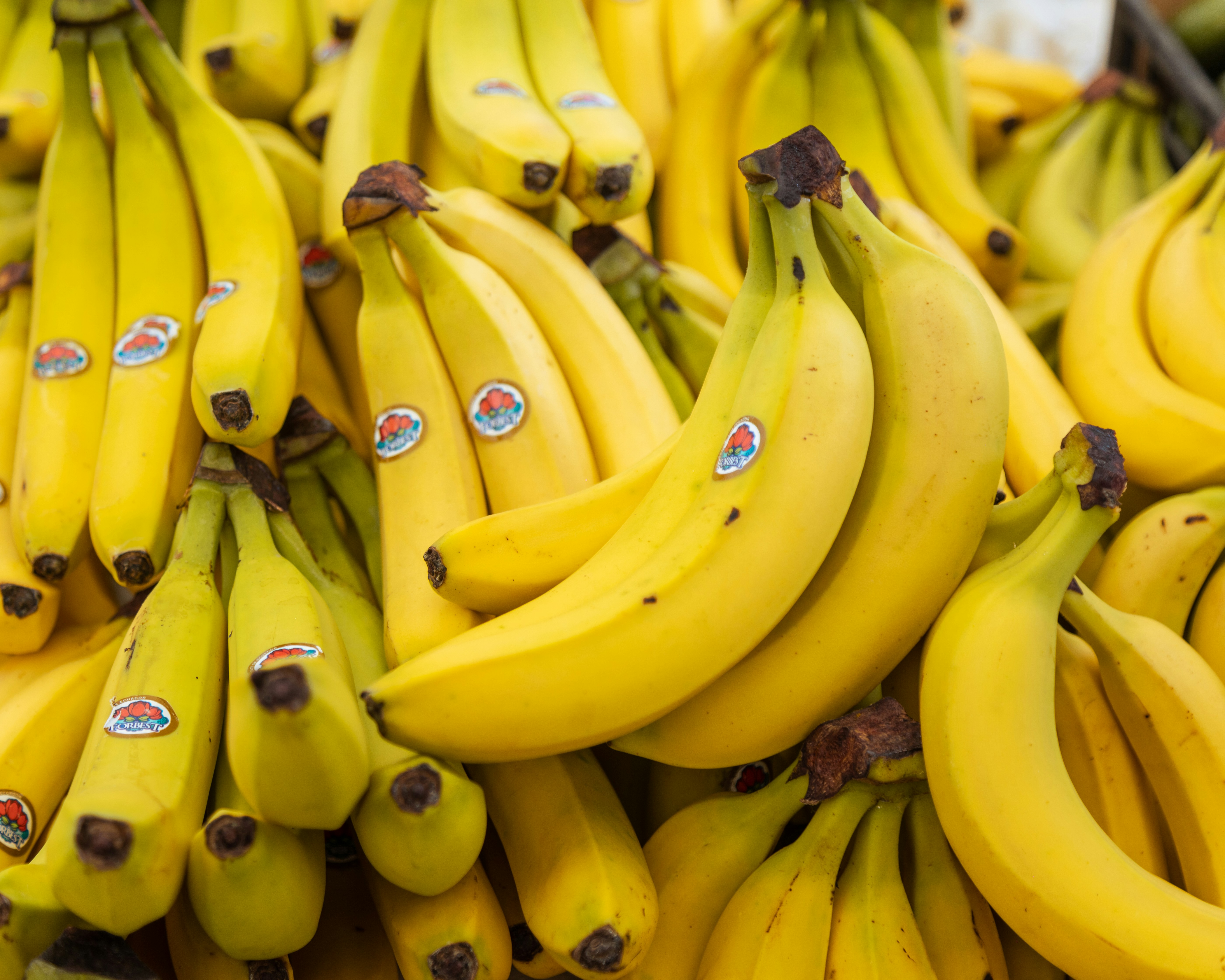The Dutch non-profit foundation, which is funded by the Bill and Melinda Gates Foundation, evaluated the manufacturers' policies, practices, nutritional disclosures in India and globally. The nine companies assessed said they were committed to combat under-nutrition, but most did not produce or produced very few fortified packaged food products.
Fortification is the process of addition of micronutrients -- vitamins and minerals -- to foods to tackle nutritional deficiency. It is known to be an affordable and efficient way to improve micronutrient status in a population.

India is facing two opposing nutritional challenges: Malnutrition and increasing obesity, especially among children. The consumption of packaged foods is increasing steadily nationwide, especially in urban areas, and the new nutrition index found that most do not address India's twin nutritional challenges.
The products of Delhi's Mother Dairy were ranked the healthiest of the nine companies assessed because 77 per cent of their sales came from drinking milk products. Hindustan Unilever and Britannia were ranked second and third. Nestlé India was ranked seventh.
The index based what it called the "product-profile rating" on nutritional quality of the products and relative sales of more and less healthy products. It also assessed compliance of the nine companies to Indian nutritional labelling regulations.
"Nestlé India is looking closely at the areas where the Index has recommended improvements," a Nestle India spokesperson told IndiaSpend over email. "We are trying to explore possibilities of fortifying products across portfolios. Some of our existing fortified products include Masala-e-Magic and CEREGROW."

The index recommended that manufacturers improve their product profile by making nutritious products more affordable to low-income consumers. Between 2-5 per cent of products were fortified with micronutrients lacking in Indian diets, the survey found. Wheat and milk products were mainly fortified with vitamins A, D, C and iron but most manufacturers did not fortify healthy products.
"Moreover, other than one or two examples of companies using salt fortified with iodine to make their products, most do not commit to exclusively using fortified ingredients such as wheat or milk," the index noted.Inputs from IANS









